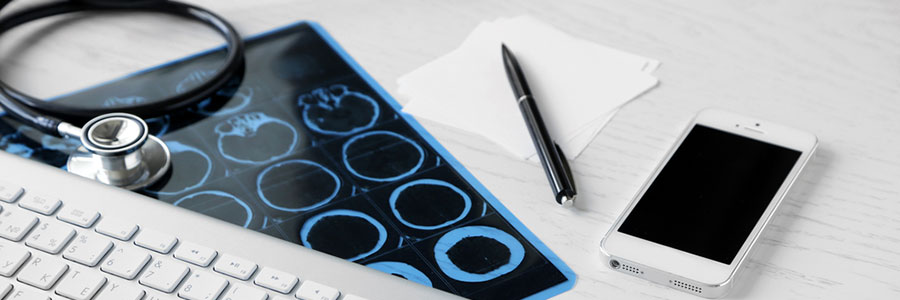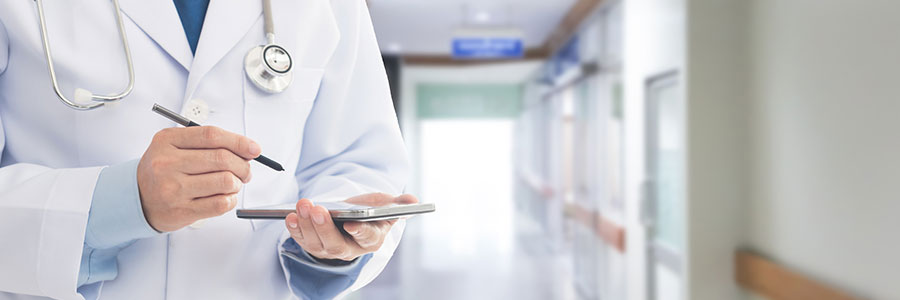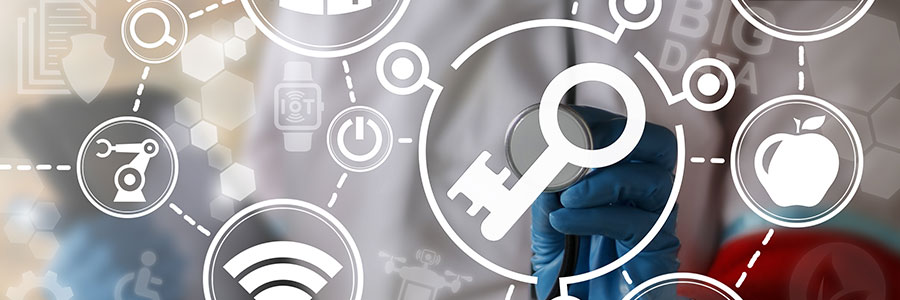Healthcare organizations should no longer be hesitant when adopting cloud computing, as the technology has become more ubiquitous and easy to use. If you know how to manage the cloud properly, it can even surpass the reliability and security offered by on-site IT. Here are just some of the business benefits of cloud computing.
Cloud solutions have long-lasting value in healthcare
What an MSP can do for healthcare providers
4 Facts about HIPAA and your IT

Health Insurance Portability and Accountability Act (HIPAA) regulations pertaining to IT have become much clearer over the course of the past few years, but there are still a few areas in which your office might not be compliant. This isn’t necessarily because of negligence on your part, but rather a lack of understanding of the requirements.
Why healthcare needs cloud computing
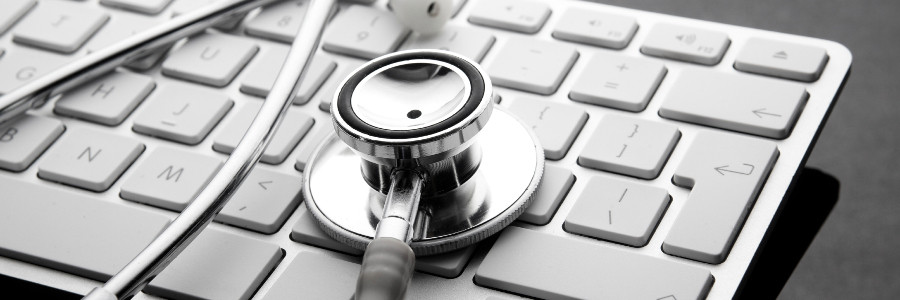
If the primary focus of your healthcare practice is delivering high-quality patient care, then cloud computing is an essential tool for you. It is more reliable, convenient, and secure than offline solutions, which means it should be a top priority.
Easy information access
The increasing demand for doctors’ time means they have less time to review patient records.
Are you HIPAA-Compliant? 4 Things to look for
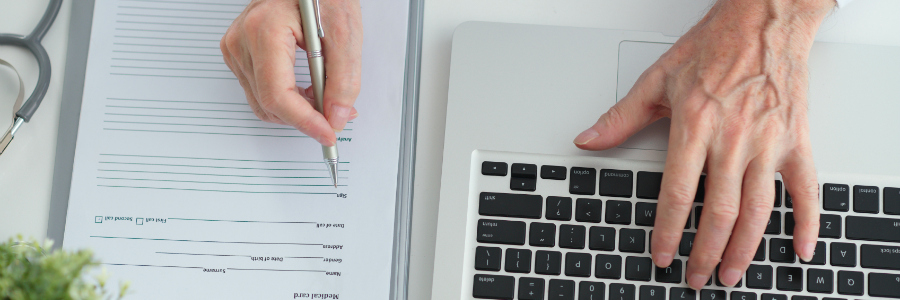
Electronic protected health information (ePHI) is extremely private and its exposure could lead to negative consequences such as social stigma and job discrimination. HIPAA protects this information and grants patients the right to view their own health information so that they can enjoy more control over their care.
Perks of Mobile Device Management for Healthcare
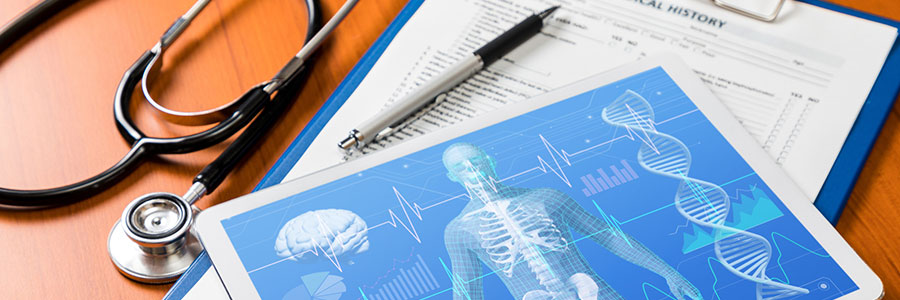
More hospital wireless networks are making use of Mobile Device Management (MDM) software to monitor every device connected to their network. Read on to learn its numerous benefits and whether or not having it is necessary.
Compliance
Governments have established several regulations, such as HIPAA, to protect patient records, but mobile devices are posing a major challenge to these regulations.
Healthcare: Prevent insider threats
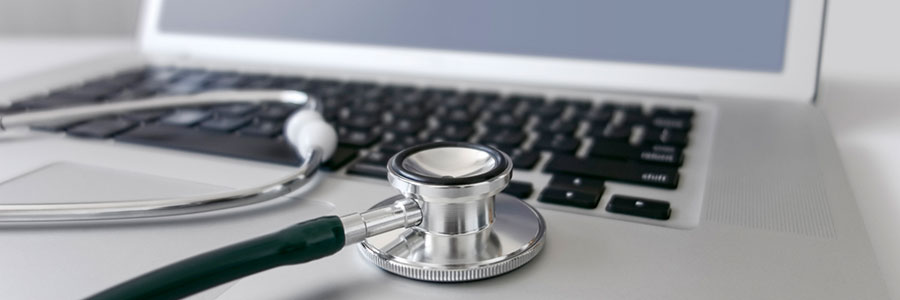
Healthcare is the only industry where insider threats pose the greatest threat to sensitive data, with 58 percent of security incidents coming from people working within the organization itself. Here’s a look at five ways to prevent such breaches.
#1 Educate - The workforce (meaning all healthcare employees) must be educated on allowable uses and disclosures of protected health information (PHI) and the risk associated with certain behaviors, patient privacy, and data security.
HIPAA Requires Careful Social Media Posting
Healthcare providers and mobile devices
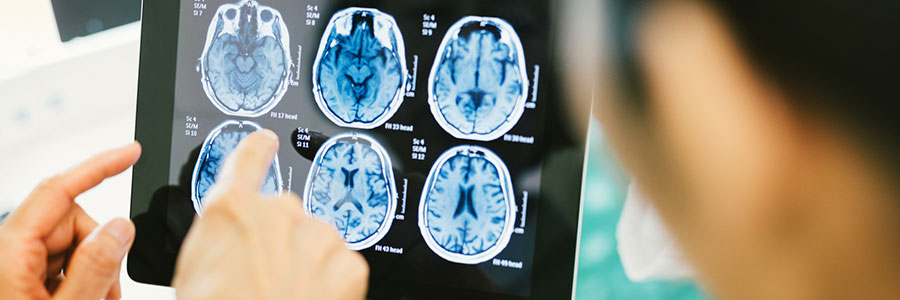
If you’re a healthcare services provider who utilizes mobile devices in daily operations, you need to ensure the patient data stored and handled by those devices are safe and private. Let's take a look at mobile data security and some of the ways you can keep your sensitive patient information secure.

